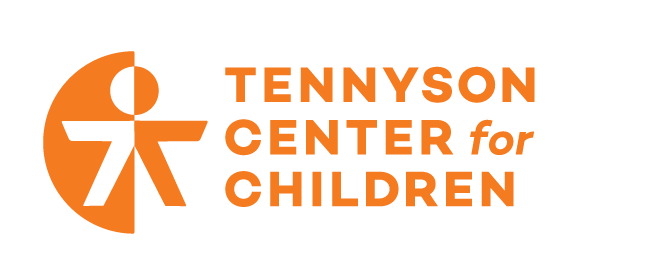The Phone Kept Ringing and Ringing
The phone kept ringing and ringing. I was on the other line with a client in the middle of a crisis and couldn’t pick up. The same phone number kept calling every few minutes. It was a new client, Jackie, whose family was involved in the child welfare system. She hadn’t left any messages, but when I was able to call her back – imagining it was an emergency – Jackie calmly asked me a couple of questions about an upcoming appointment and hung up.
Yet a week later, the entire situation played out again. 15 calls in the space of 30 minutes. Again I rushed to call Jackie back and she gave me a routine update about one of her children – no emergency.
What had started as mildly perplexing had become irritating, as the scenario played out a couple more times in the following month. This was before texting, and most people did leave voicemail messages. Why didn’t Jackie just call once and leave a message?
When I asked Jackie that question, she looked at me blankly. I pressed further: did she think I wouldn’t get the message or that I wouldn’t call her back? She shook her head and simply said she did not know how to leave a voicemail. No one had ever taught her.
Jackie grew up in extremely neglectful environments and had never experienced a nurturing parent or parental figure. Now, as a young single mother, she was working hard to take care of her children but there were many small, everyday things she had not yet learned to do. Leaving a voicemail message was one of those small things, and made things difficult for her.
Jackie began leaving messages. And people began calling her back.
A month or so later, a similar issue popped up. When asked, Jackie again shared that she did not know how to perform the task. She again learned what she needed to do very quickly, but this pattern caused me to step back and think.
Jackie did not have any family other than her children. Her traumatic past, mental health symptoms, child welfare service plan, and needs to care for her children made it challenging for her to meet friends. She didn’t socialize with her neighbors. She wasn’t sure about attending church. She didn’t have time.
Other than the professionals on her case – the therapists, lawyers, and child welfare staff – Jackie didn’t have anyone she could call when she needed support. She felt alone.
Another parent once came to see me for therapy because his kids would not go to bed. “They never sleep,” he said. They were wild all night and it was driving him crazy. He thought something was wrong with them, and that maybe they needed medication.
When I asked about their bedtime and sleep routines, he wasn’t sure what I meant. I came at the question another way. The father shared that they brushed their teeth and then he put them in their room and told them to go to sleep. There was no routine, as the father expected his children to get into their pajamas when they were ready and go to sleep as he did. The kids were two and four. The father had grown up in a series of foster and group homes and could not remember having ever been tucked in. We went through ideas about how to get the kids ready to go to sleep, and he created a structured routine and ways to soothe them before bed. He joked with me a few months later that instead of being wild they now begged for, “Just one more book, Daddy!” – a normal request of young children at bedtime.
All children need safe adults in their lives to soothe them, tuck them in at night, and teach them things. As adults, we need similar things. You can probably think of a number of people that you could call right now – a neighbor, a parent or relative, a mentor, a good friend, or a pastor – if you needed help. We all need other people.
A lot of the work we are doing with Rewiring at Tennyson Center for Children is around supporting communities in ways that reduce isolation and strengthen social connections for children and families. Supported parents and caregivers who have social connections raise healthier children. Mental health symptoms are lessened, and the risk of child neglect and abuse is also lessened when families have someone to call for babysitting, advice, or emotional support.
Everyone should have people to lean on for support. And we can all be people who support others. You can help right now.
You can get to know your neighbors and check in on them. The next time you see a frustrated parent in a supermarket, offer to give them a hand or ask if they are okay. You can sign up to be a volunteer with Safe Families for Children to be a supportive connection to a family. Or, you can sign up to bring one meal a month to a foster family with Foster Together. You can donate to Tennyson to support our Rewiring work, which includes programs like grandparent mentoring services for pregnant women. Advocating for expanding funding and availability of supports, connections, and services are important, too; you can learn more about how from Illuminate Colorado or call (and leave a voicemail) for your representative or senator. Or you could borrow ideas from the folks at Every Child Oregon, who provide multiple ways for anyone to support children and families in foster care. One way they support families is by showing appreciation for child welfare workers – all of whom work so hard to support children and families and are infrequently rewarded or praised for their work.
I kept the last voicemail from Jackie for a long time. It was a long one – not her usual businesslike style – updating me on how well she and her family were doing since her child welfare case successfully closed. The family had just come from a church festival, the kids were in after school clubs that they loved, Jackie had a couple of good friends whom she trusted, and she had begun volunteering to help other parents who had been in situations similar to hers.
Life was good.
Author: Megan Vogels, Rewiring Chief, Tennyson Center for Children






